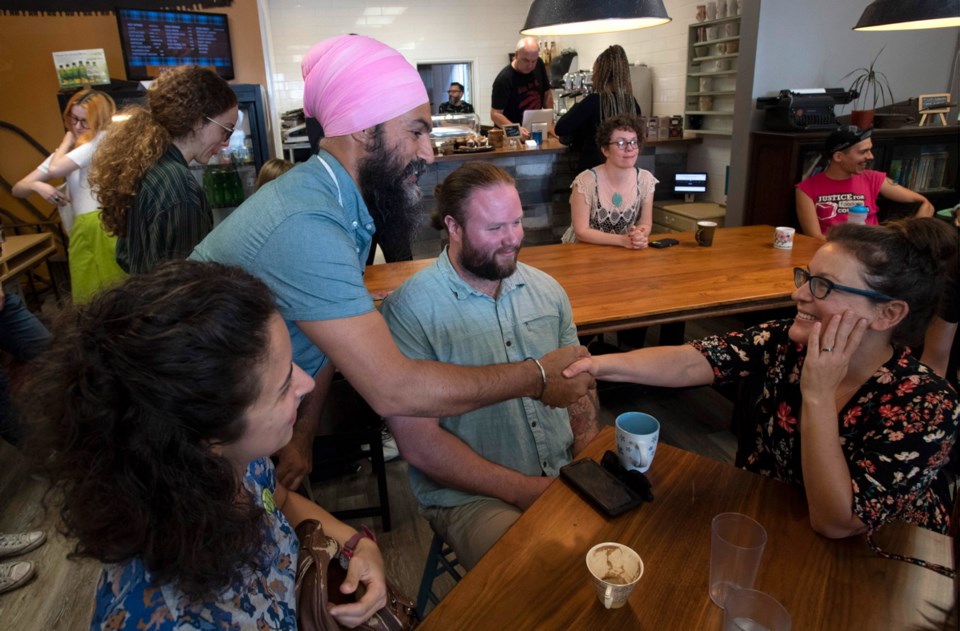As everyone with access to a newspaper, TV station or the internet knows, Liberal Leader Justin Trudeau has confessed to wearing dark makeup during a costume party when he was a teacher at a private high school in 2001.
He acknowledged there was a second instance of him in blackface or brownface.
Then a short video surfaced, showing him in full blackface, which the Liberal Party of Canada admits is genuine.
The prime minister has issued a full apology: “I didn’t understand how hurtful this is to people who live with discrimination every single day,” he said after the first evidence surfaced showing him in blackface or brownface.
“I’ve always acknowledged that I come from a place of privilege but I now need to acknowledge that comes with a massive blind spot,” he said. Notably, he declined to rule out further such disclosures.
What are we to make of this? The Liberals have already fired a candidate from a Montreal riding after allegedly anti-Semitic posts of his were unearthed on social media.
The NDP have booted their candidate in Kamloops-Thompson-Cariboo after a “problematic social-media engagement” came to light.
The Conservatives are still dealing with a dump of controversial social-media posts attributed to that party’s candidates. And Green Party Leader Elizabeth May has said she’s “re-vetting” at least one candidate whose online views might create distractions.
We need to take a step back. What a 40- or 50-year-old politician might have said during his or her high school years is no guide to that person’s present views. How many of us would survive such an exhumation?
Again, there are serious objections to judging a figure from the past by contemporary moral standards. What excites indignation today was often seen as innocuous back then.
There are limits to this line of argument. There is no excuse for politicians indulging in behaviour at a time when it was viewed as inappropriate. We might legitimately wonder about their sense of judgment.
On the other hand, an insidious trend is overtaking our election campaigns. It consists of painstaking trolling through decades-old social-media posts in the hope of finding something “juicy.”
Often this material is held back for years, then presented out of context, in the hope of creating a “gotcha” moment at a critical time in an election.
How this contributes to the broader public interest is questionable, at best. The real purpose, disguised in protestations of outrage and indignation, is to silence an opponent. The objective is not to defeat by superior logic, but to vilify.
What we are experiencing is the gradual creation of impenetrable barriers between political viewpoints. Where debate was once the currency of campaigns, increasingly it is condemnation and social shaming.
But our society rests on the idea that political differences, heated as they might be, can regroup around the bonds that bind us. Those bonds far outweigh some teenage prank or thoughtless remark.
None of this is intended to dismiss genuinely harmful acts or words. NDP Leader Jagmeet Singh spoke movingly following the revelations of Trudeau’s juvenile foolishness. No-one is better placed than Singh to deliver a stern rebuff.
Yet Canada is a more open, permissive and egalitarian society than in days gone by. Doors that once were closed have been opened. We can reasonably claim progress, though not by any means perfection.
Dredging up old follies in the hope of gaining some fleeting political advantage does a disservice to our community. More than that, it raises questions about the superior morality claimed by those who indulge in such behaviour.
We are a better people than that.



